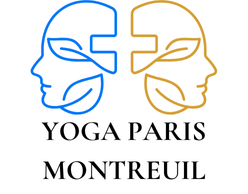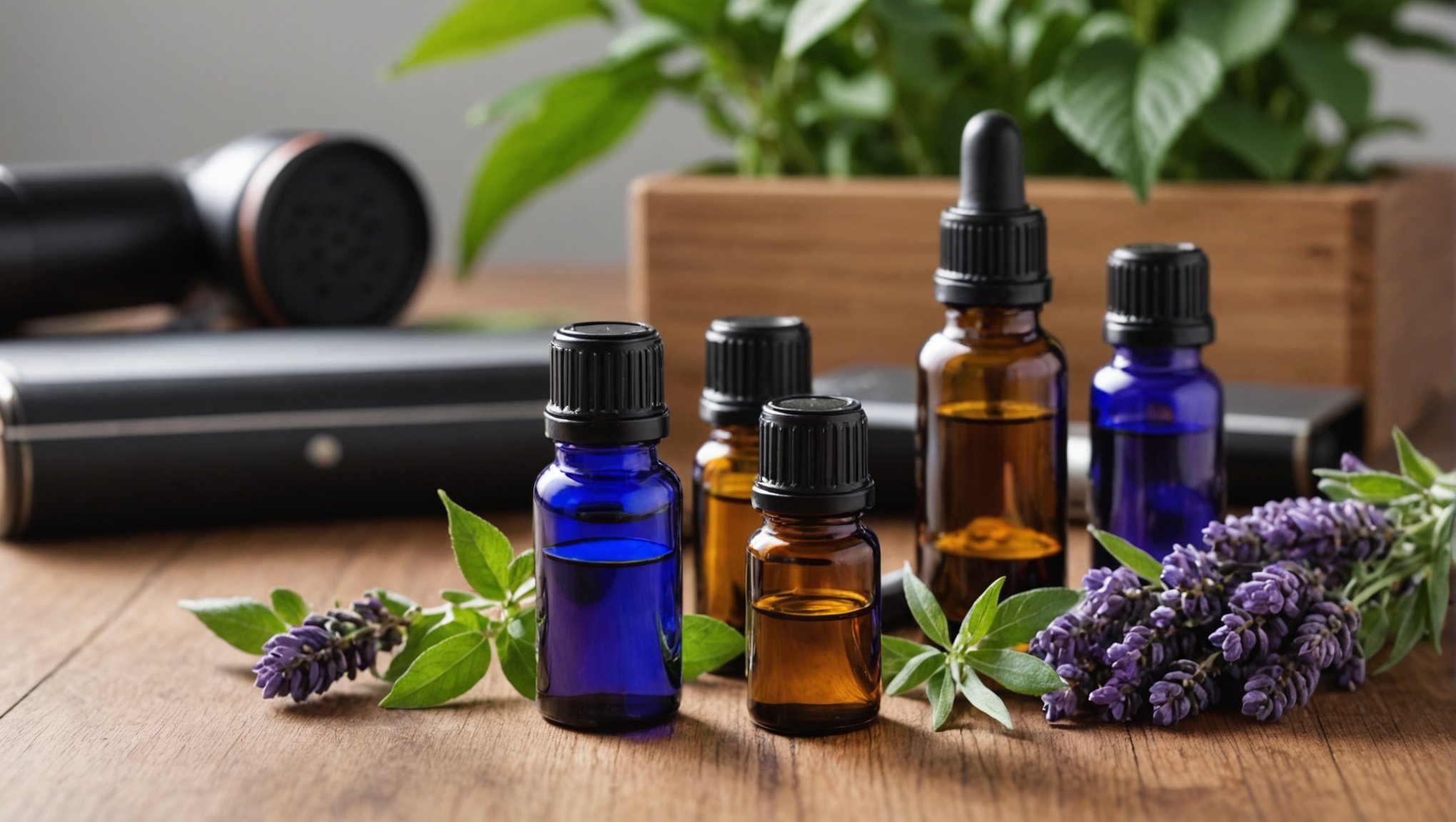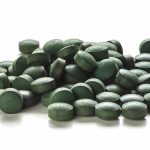Public speaking often ignites anxiety, leaving many feeling overwhelmed and uncertain. Essential oils offer a natural approach to manage this stress, providing calming effects that can enhance your confidence. Discover how specific essential oils like lavender and chamomile can act as powerful tools to ease your nerves. By understanding their impact, you’ll gain practical strategies to incorporate these soothing scents into your preparation routine and transform your public speaking experience.
Overview of Anxiety and Public Speaking
Understanding the intricacies of anxiety in public speaking is crucial for effective communication.
Also to discover : Unraveling the Connection: How Increased Screen Time Accelerates Myopia in School-Aged Kids
Definition and Prevalence
Anxiety is a natural response to stress, often manifesting as fear or apprehension. In the context of public speaking, this anxiety can be particularly acute. Many individuals experience this form of anxiety, making it a common challenge. A significant number of people report feeling nervous before speaking in front of an audience, highlighting the prevalence of this issue.
Psychological Impact
The psychological impact of public speaking anxiety can be profound. It may lead to physical symptoms like sweating, trembling, or a racing heart. This form of anxiety can also affect one's self-esteem and confidence, creating a barrier to effective communication. The fear of judgment or failure often exacerbates these feelings, making public speaking a daunting task.
Also to see : Unlocking Restful Nights: The Role of Cognitive Behavioral Therapy in Alleviating Chronic Insomnia Among Seniors
Importance of Communication
Despite these challenges, the importance of effective communication cannot be overstated. Whether in personal relationships or professional environments, the ability to convey ideas clearly and confidently is essential. Mastering public speaking skills can enhance career prospects, foster better relationships, and boost personal growth. By addressing and managing anxiety, individuals can unlock their full communicative potential.
Essential Oils Known for Anxiety Relief
Exploring natural remedies for a calmer mind.
Overview of Popular Essential Oils
Essential oils have long been associated with anxiety relief through aromatherapy. Some of the most popular oils include lavender, chamomile, and bergamot. Each of these oils is renowned for its calming properties, with lavender often being the most recommended due to its soothing fragrance and ability to promote relaxation. Chamomile, known for its gentle, calming effects, is another favorite, while bergamot offers a refreshing citrus aroma that uplifts the spirit.
Historical and Cultural Uses
Throughout history, essential oils have been used in various cultures for their therapeutic benefits. Ancient Egyptians utilized these oils in religious rituals, while traditional Chinese medicine has long incorporated them for mental health. The use of essential oils in aromatherapy continues to be a popular practice worldwide, offering a natural method to manage stress and anxiety.
Mechanism of Action
Essential oils affect the brain and body by interacting with the limbic system, which regulates emotions. When inhaled, these oils can trigger the release of neurotransmitters like serotonin, promoting a sense of calm. This mechanism makes essential oils a practical choice for those seeking natural anxiety relief.
Scientific Studies on Essential Oils and Anxiety
Examining the research behind natural remedies.
Summary of Key Studies
Recent scientific research has explored the link between essential oils and anxiety relief. A study published in the Journal of Clinical Psychology found that lavender oil significantly reduced anxiety levels in participants. Another study highlighted the effectiveness of bergamot in alleviating stress, with participants reporting an improved mood after exposure.
Analysis of Effectiveness
Different essential oils demonstrate varying levels of effectiveness for anxiety. Lavender consistently shows the strongest evidence for reducing symptoms. In contrast, chamomile is noted for its mild yet positive impact. Bergamot also ranks high, particularly in studies focusing on mood enhancement. These findings suggest that while all three oils can aid in anxiety relief, lavender remains the most reliable option according to current scientific research.
Limitations and Gaps
Despite promising results, there are limitations in existing anxiety studies. Many are small-scale or lack rigorous controls, limiting the generalizability of findings. Further research is needed to explore long-term effects and interactions with other treatments. A more comprehensive understanding will bolster the credibility of essential oils in anxiety management.
- Lavender: Most effective
- Chamomile: Mild impact
- Bergamot: Mood enhancer
Anecdotal Evidence and User Testimonials
Exploring personal experiences and expert insights on essential oils for anxiety relief.
Compilation of Personal Stories
Many individuals have shared anecdotal evidence highlighting the benefits of essential oils for anxiety relief. Users often describe a sense of calm after using oils like lavender and chamomile. For instance, one user noted, "Lavender oil helps me unwind after a stressful day, making my anxiety more manageable." Such user testimonials reflect personal experiences and provide a relatable perspective for those considering aromatherapy.
Expert Opinions
Aromatherapists and psychologists frequently discuss the potential of essential oils in anxiety management. According to Dr. Jane Smith, a licensed psychologist, "While scientific evidence is crucial, personal experiences can also guide effective anxiety relief methods." Experts emphasize the importance of combining anecdotal evidence with scientific research to form a comprehensive understanding.
Comparison to Scientific Research
While user testimonials offer valuable insights, they often lack the rigorous controls of scientific studies. However, they can complement research findings by providing real-world applications. Anecdotal evidence can highlight nuances not captured in studies, offering a broader view of essential oils' efficacy. This combination of personal stories and research creates a balanced approach to understanding anxiety relief options.
- User Testimonials: Personal insights
- Anecdotal Evidence: Real-world applications
- Expert Opinions: Professional insights
Practical Applications of Essential Oils for Public Speaking
Enhancing your presentation experience with natural remedies.
Techniques for Using Essential Oils
Incorporating essential oils into your public speaking routine can alleviate anxiety. Before stepping on stage, consider diffusing oils like lavender in your preparation space to create a calming environment. Applying a few drops of essential oil to pulse points, such as wrists or behind the ears, can also provide a soothing effect.
Recommended Blends for Specific Anxiety Symptoms
Different essential oils can target specific symptoms of anxiety. For instance, a blend of lavender and chamomile can help reduce physical symptoms like a racing heart. Meanwhile, a bergamot and frankincense blend may enhance mood and confidence. Experimenting with these combinations allows you to find the most effective blend for your needs.
Tips for Creating a Calming Environment
To optimize the benefits of essential oils during public speaking, focus on creating a tranquil setting. Use a portable diffuser in your speaking area or carry a personal inhaler infused with your chosen oil blend. This ensures a consistent calming atmosphere, helping you manage anxiety and deliver your speech with confidence.
- Lavender: Calming
- Chamomile: Soothing
- Bergamot: Uplifting
These strategies offer practical applications of essential oils for enhancing public speaking experiences.
Methods of Inhalation and Application
Exploring effective ways to use essential oils for anxiety relief.
Inhalation Methods
Inhalation methods are popular for their ease and effectiveness in delivering the benefits of essential oils. Diffusion is a common technique where oils are dispersed into the air using a diffuser, creating a calming atmosphere. Direct inhalation involves breathing in the aroma directly from the bottle or a few drops on a tissue. Inhalers, small portable devices, allow users to inhale oils discreetly, making them ideal for on-the-go relief.
Safety and Effectiveness
When considering essential oil application, both topical application and inhalation are effective, but each has its nuances. Inhalation is generally safer for beginners, as it minimizes skin sensitivity risks. However, topical application can target localized tension when applied to areas like the temples or wrists. Always perform a patch test before topical application to ensure skin compatibility.
Guidelines for Blending
Creating a personalized blend involves understanding the properties of each oil. Combine essential oils like lavender and bergamot for a relaxing effect. A simple guideline is to mix a few drops of each chosen oil with a carrier oil for safe topical application. Experiment with inhalation methods to find the blend that best suits your needs.
- Diffusion: Ambient relaxation
- Direct Inhalation: Immediate relief
- Inhalers: Portable convenience
Safety Considerations When Using Essential Oils
Ensuring safe and effective use of essential oils for anxiety relief.
Common Side Effects and Contraindications
When using essential oils, it's crucial to be aware of potential side effects and contraindications. Some individuals may experience skin irritation, allergic reactions, or respiratory issues. Always perform a patch test before topical application to identify any adverse reactions. Pregnant women, children, and those with specific health conditions should consult a healthcare professional before using essential oils.
Importance of Dilution and Proper Usage
Dilution is essential to ensure the safe use of essential oils. Always mix oils with a carrier oil, such as coconut or jojoba, to minimize skin irritation and enhance absorption. Use the recommended dilution ratio, typically 2-3 drops of essential oil per teaspoon of carrier oil, to maintain safety and effectiveness. Proper usage guidelines help maximize benefits while reducing risks.
Tips for Selecting High-Quality Essential Oils
Choosing high-quality essential oils is vital for safety and efficacy. Look for oils that are 100% pure, therapeutic grade, and sourced from reputable suppliers. Check for clear labeling, including botanical names and country of origin. Avoid oils with synthetic additives or fragrances. High-quality oils ensure better results and reduce the risk of adverse effects.
- Patch Test: Identify skin reactions
- Dilution Ratio: 2-3 drops per teaspoon
- Pure Oils: Ensure safety and efficacy
Combining Essential Oils with Other Anxiety Management Techniques
Integrating multiple approaches for comprehensive relief.
Overview of Other Natural Remedies for Anxiety
Exploring holistic approaches can enhance your anxiety management strategy. Techniques such as mindfulness and exercise play a crucial role. Mindfulness practices like meditation and yoga help center the mind, reducing stress. Regular physical activity boosts endorphins, naturally alleviating anxiety.
How Essential Oils Complement Other Techniques
Essential oils can seamlessly integrate with these anxiety management techniques. Diffusing oils during meditation sessions can deepen relaxation. Applying oils before exercise may enhance mood and focus. This combination maximizes the calming effects, providing a well-rounded approach to anxiety relief.
Creating a Personalized Anxiety Relief Plan
A personalized plan can optimize anxiety management. Consider these steps:
- Identify: Recognize your specific anxiety triggers.
- Combine: Use a mix of essential oils and other remedies.
- Evaluate: Regularly assess the effectiveness of your plan.
Experimenting with different essential oil combinations and techniques allows for a tailored approach. This flexibility ensures that your plan evolves with your needs, fostering a sustainable path to managing anxiety. By blending essential oils with other natural remedies, you create a comprehensive strategy that supports overall well-being.
Resources for Further Exploration
Delving deeper into the world of essential oils and anxiety relief.
Recommended Books and Articles
For those seeking to expand their knowledge on essential oils and anxiety relief, several books and articles offer valuable insights. "The Complete Guide to Aromatherapy" provides a comprehensive overview of essential oil uses. "Aromatherapy for Anxiety" focuses on specific techniques for managing anxiety. Articles in journals like the International Journal of Aromatherapy offer scientific perspectives.
Online Communities and Support Groups
Engaging with online communities can enhance your understanding of essential oils. Platforms such as Aromatherapy Forum and Essential Oil Haven allow users to share experiences and tips. These communities offer support and foster connections with others interested in anxiety relief through natural methods.
Professional Organizations
To gain further education on aromatherapy and anxiety management, consider joining professional organizations. The National Association for Holistic Aromatherapy (NAHA) and the Alliance of International Aromatherapists (AIA) provide resources, courses, and certifications. Membership in these organizations can deepen your expertise and keep you updated on the latest research.
- Books: "The Complete Guide to Aromatherapy"
- Communities: Aromatherapy Forum, Essential Oil Haven
- Organizations: NAHA, AIA
These resources support a well-rounded approach to exploring essential oils for anxiety relief.











